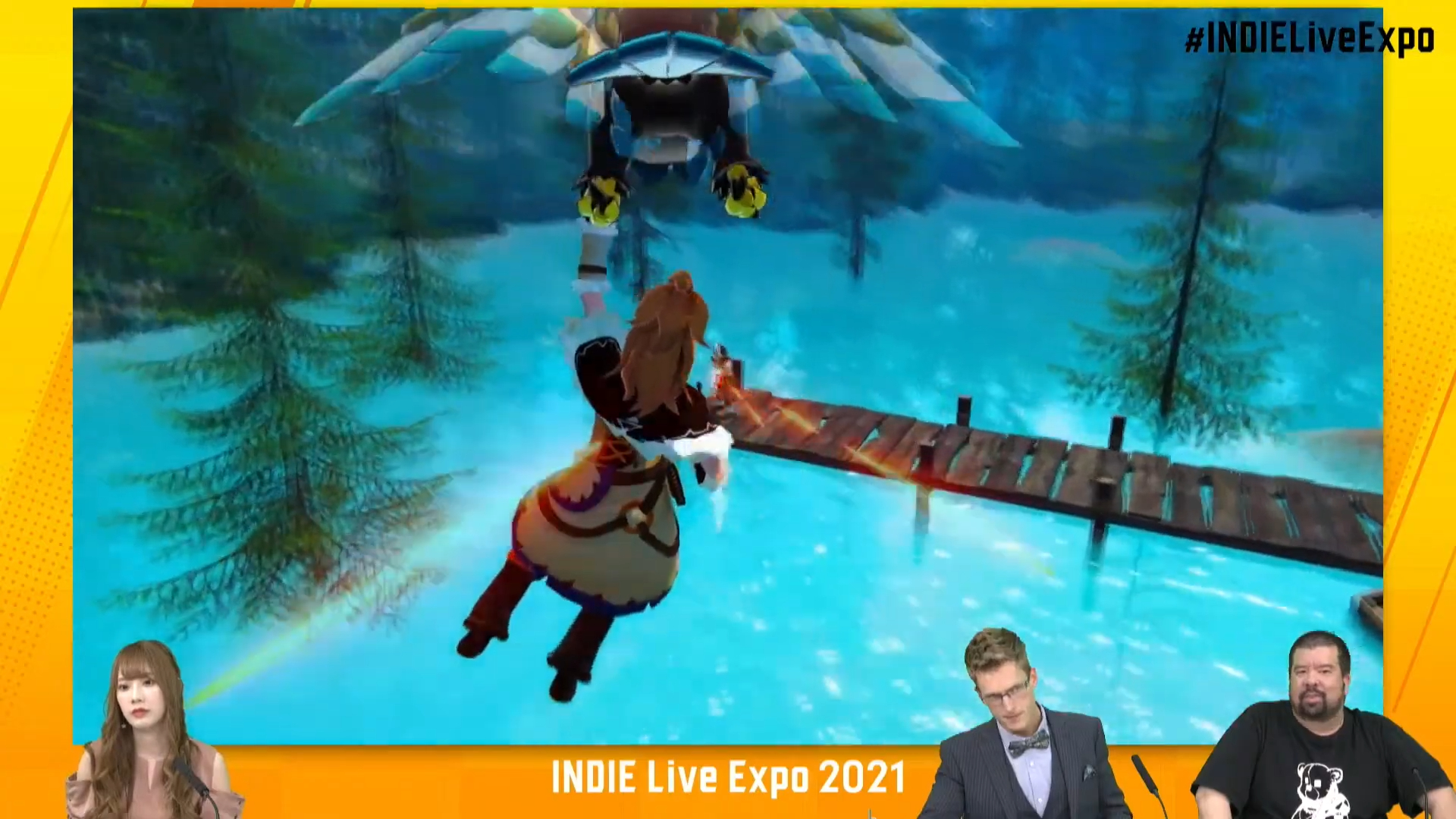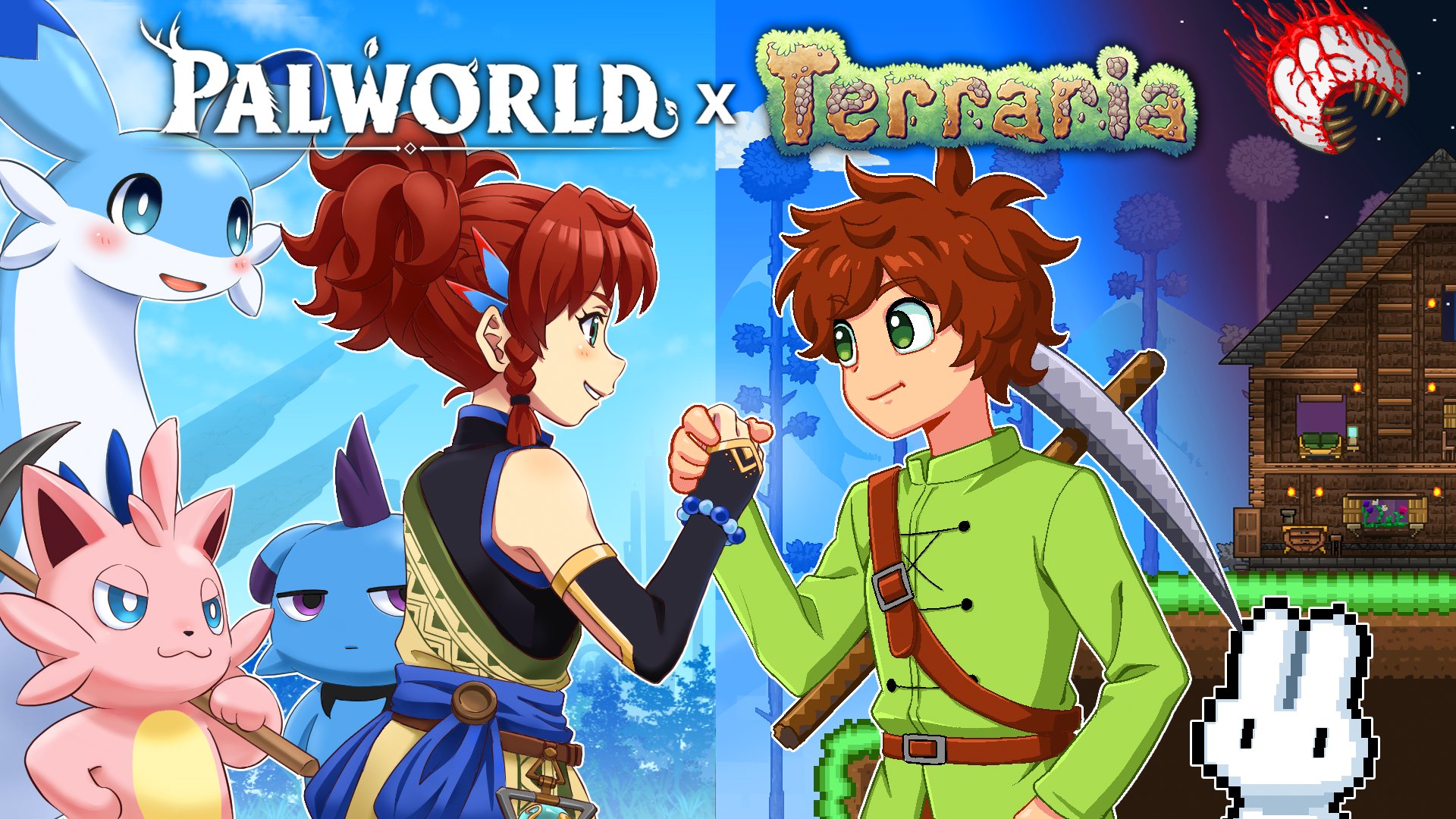It’s been pretty quiet on the news front in the ongoing battle between Nintendo and PocketPair over alleged patent infringement in Palworld. However, while the mainstream audience awaits a final verdict, legal and patent experts are watching the case and digging through the documentation in impressive detail.
This latest report from Gamesfray has uncovered some rather unusual behaviour from Nintendo as they continue the fight to shut down Palworld, and it seems that the fight in Japan isn’t landing the punches they’d hoped.
Nintendo is making some unusual moves, including rewriting one of its own patents mid-lawsuit, and, in the words of the experts, “It’s bizarre.”
Nintendo are moving the goalposts mid-case

To quickly recap, Nintendo is suing PocketPair for patent infringement in Japan, based on the resemblance of certain mechanics in Palworld to Pokémon. There are 3 patents in total included in the suit for which Nintendo are seeking the equivalent of $66k in damages. Two about capturing monsters, and one about how you can switch between riding different creatures.
PocketPair’s defense includes the use of prior art from numerous other games that also use similar mechanics, none of which Nintendo has pursued for damages. There is also clear evidence of Palworld demonstrating its mount switching mechanic, one of the patents in question, 6 months prior to Nintendo filing for the patent.
So, how has Nintendo responded to PocketPair’s defense? According to this Gamesfray report Nintendo recently went to the Japan Patent Office (JPO) and asked to change the patent about switching rides in mid-air.
That’s a bold and unusual move, and one that usually only happens when the original patent looks weak. The updated version uses some bizarre language, including the phrase “even when,” which is not standard or clear in patent law.
I’ve been following patent litigation for 15 years (for the better part of that period as a consultant) and have seen many claims that were amended, but I’ve never seen “even when” or “even if” in a patent claim. It’s bizarre.
Florian Mueller — Founder & Publisher of Games Fray and patent-specialized IP Fray
If you want some light bedtime reading, you can read the entire claim online but it’s specifically the wording changes to emphatic phrases like “even when” that are uses of language not generally seen in legal claims such as this, and it’s even more telling that these amendments have been made mid-case.
It’s just a phrase change, why the big deal?
Changing a patent in the middle of an ongoing case is risky, and it signals that Nintendo perhaps doesn’t believe its current claims will hold up in court. Using vague language like this doesn’t inspire confidence, and the new wording is so clunky in the context of the entire claim that it may do more harm to their case than good.
Gamesfray refers to the move as a “Hail Mary”, and further states it’s “a desperate attempt to win by doing something odd.”
How about the US case?
Nintendo is still trying to build its case on US soil too, but so far they haven’t actually filed a lawsuit there. They’ve been awarded 4 patents in the US so far, but PocketPair is continuously changing Palworld to effectively become a moving target.
For example, PocketPair removed the Pal-specific gliding mechanics, you can no longer switch between mounts on the fly, and they removed the ability to throw Pal Spheres to summon captured Pals.
The more changes Palworld implements, the more useless Nintendo’s patent claims become. Though Nintendo appears to be tweaking claims in the hope of tailoring them to whatever version of the game comes next.
Could Nintendo win?

There is, of course, still every chance that Nintendo is successful with its claims. After all, it has a solid history of winning cases.
However, the company’s goal may not just be impacting Palworld, but scaring off indie studios from making games that feel even remotely similar to Pokémon.
Though, as we’ve seen from announcements like the upcoming Aniimo, that tactic doesn’t seem to be working either.
But what do you think?
Is Nintendo right to defend its patents this aggressively, or is it another case of trying to stomp out competition?
Are these kinds of legal fights protecting IP or killing creativity? Let me know in the comments!





